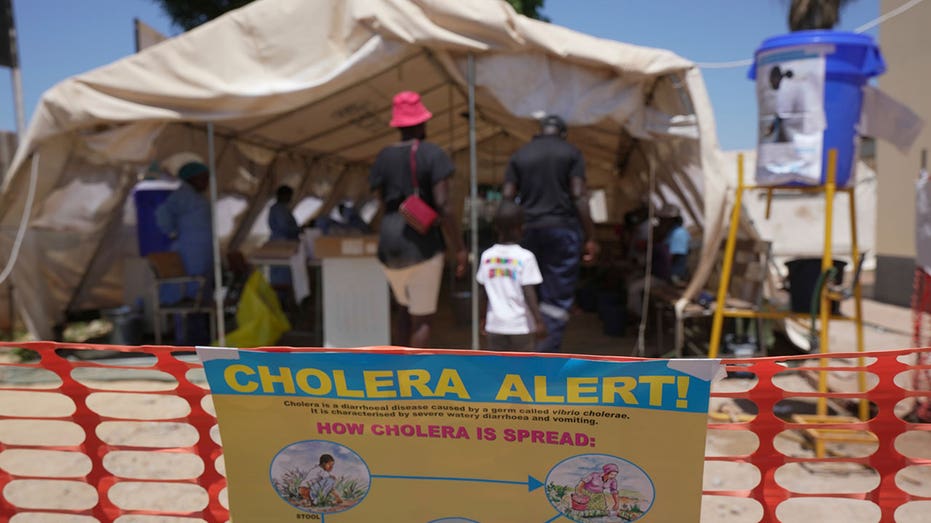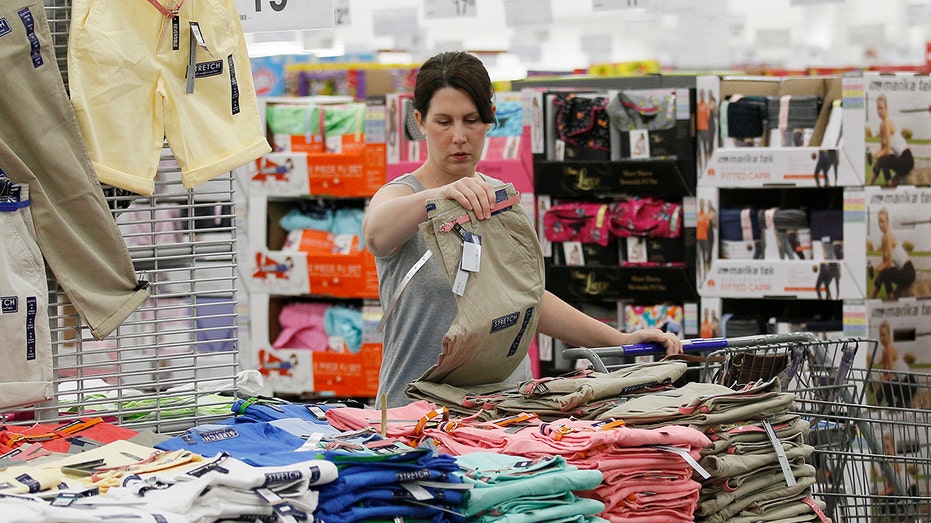To counter the rise in cases, the World Health Organization has approved an improved cholera vaccine.
The World Health Organization has approved a new version of a cholera vaccine that could help address a surge in cases that has depleted the global vaccine stockpile.

A widely used cholera vaccine has been approved by the World Health Organization, which may help address an increase in cases that has exhausted the world's supply of vaccines and left poorer countries struggling to contain outbreaks.
Last Monday, the WHO approved the vaccination, which is produced by EuBiologics, which also provides the current formulation. Euvichol-S, the new version, is a simplified formula that requires less ingredients, costs less, and can be prepared faster than the previous version.
In Nepalese studies, the vaccination was found to be helpful in avoiding diarrheal illness.
With WHO permission, donor organizations like UNICEF and the vaccine alliance Gavi can now purchase it for developing nations. UNICEF's supply division head, Leila Pakkala, stated in a statement that the organization will be able to increase supplies by over 25%.
Gavi estimated there could be about 50 million doses for the global stockpile this year, compared with 38 million last year.
Dr. Derrick Sim of Gavi called WHO’s authorization "a lifeline for vulnerable communities around the world."
More is still needed, however: Since January, 14 countries affected by cholera outbreaks have requested 79 million doses. In January, the U.N. agency said the global vaccine stockpile was "entirely depleted" until the beginning of March. As of this week, WHO said there were 2.3 million doses available.
Cholera is an acute diarrhea disease caused by a bacteria typically spread via contaminated food or water. It is mostly seen in areas that have poor sanitation and lack access to clean water. While most people infected with cholera don't experience symptoms, those with severe cases need quick treatment with intravenous fluids and antibiotics. If left untreated, cholera kills about a quarter to half of people infected.
Since last January, WHO has reported more than 824,000 cholera infections, including 5,900 deaths worldwide, with the highest numbers of cases reported in the Middle East and Africa. The U.N. agency said warming temperatures that allow the cholera bacteria to live longer, have also worsened outbreaks and led to the highest death rates in a decade.






















